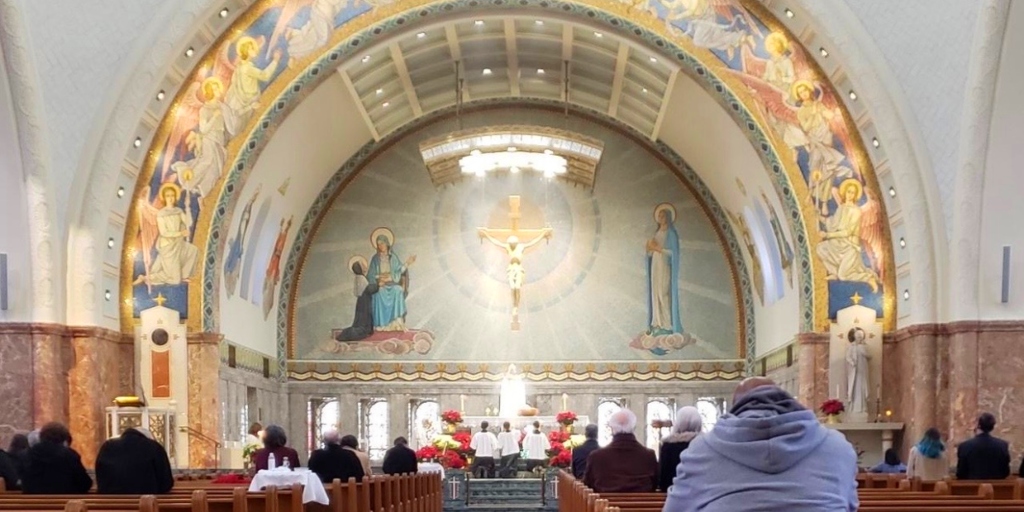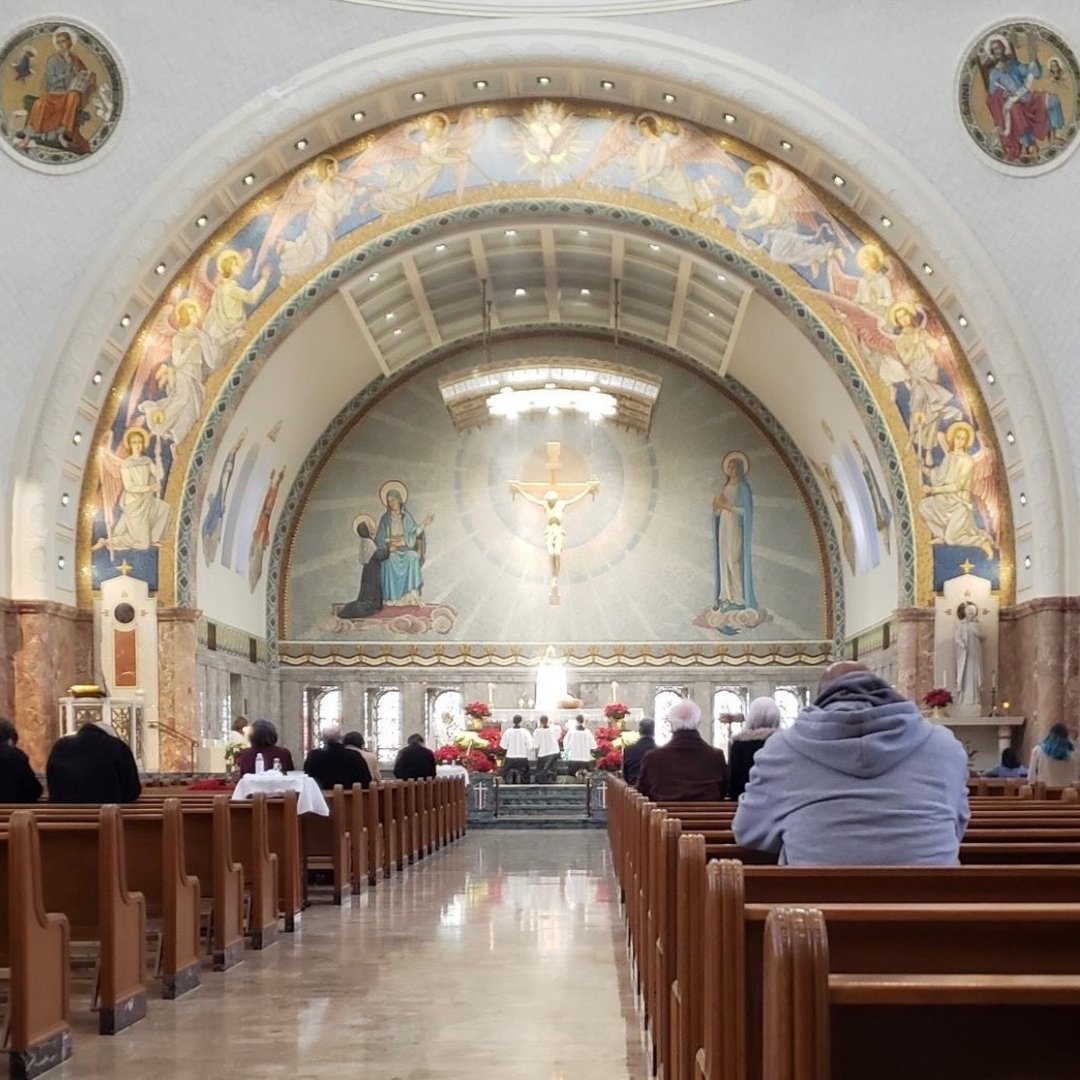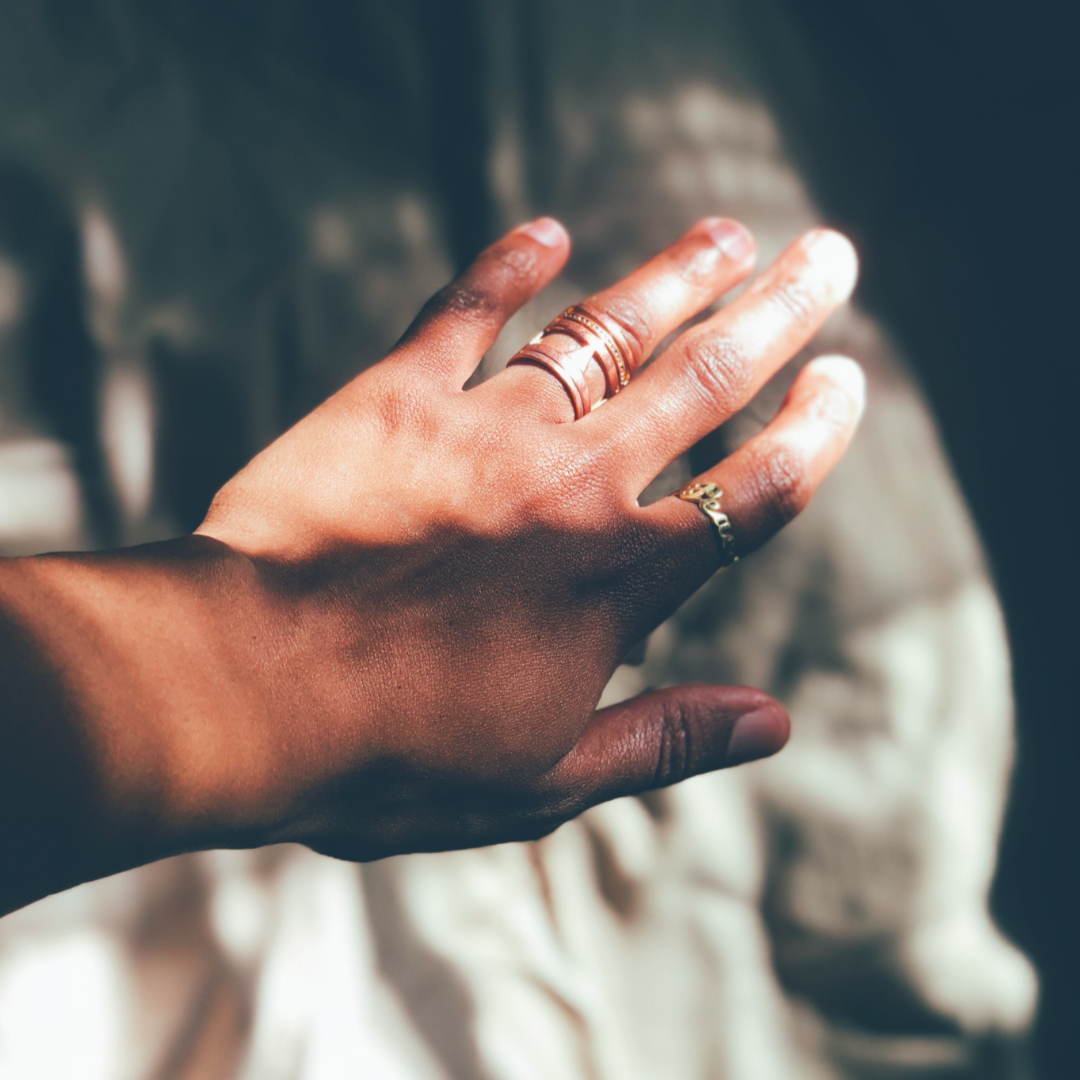
Deep-rooted skepticism draws Sarah Torbeck into an intimate encounter with God.
I don’t know about you, but I’m a fairly skeptical person. Far from being ashamed of this, I like to wear it on my sleeve—like a pretentious insignia strapped around my forearm. The insignia (not actually visible) is meant to stare down any and all theories that dare to challenge my considerable analytical abilities.
At least, that’s the impression I think I’m creating. But, I have it on good authority (I have a very open and honest relationship with my detractors), that people are actually thinking, “Wow! She sure knows how to extract all the air out of a room!” Or, “Can’t she ever take anything on faith?”
Fact: I do siphon all the air out of a room. It’s probably the reason I resorted to writing—so that I could exhaust every morpheme in the English language without wheezing. It’s been a beneficial workaround for everyone (especially my family). It is also true that I struggle to take anything at face-value, or, “By faith.”
I have always struggled with this simple maxim. Learning to accept the unseen, the mystical and even miraculous has never been easy for me. In vain I have struggled to understand the origin of my skepticism. At first, I thought it was due to my father, who was extraordinarily intelligent, and rarely accepted anything by faith. Of course, this led to a life of agnosticism and doubt. (Only in his twilight years did my father discover God.)

My life has also been fraught with a noteworthy amount of dysfunction. It can be very difficult to believe in something clean or sacred when there appears to be so much evidence to the contrary. As a young woman I struggled mightily with the concept of a God who came into this world to die for me. It would be years before this radical idea made it past my laughable insignia, and into my heart.
Yet despite my conversion and full immersion into the Catholic Church, the iron strand of skepticism still runs deep within my soul. I am the proverbial Doubting Thomas. This is not always a terrible thing. Sometimes you need to run water through a filter before you can drink it, but this characteristic also has the capacity to slow me down as I make my way through this paradox that is life.
Not long ago, I decided that it was time to make peace with the disagreeable phrase, “Doubting Thomas.” A friend of mine casually applied it to me during a conversation—and while I agreed with her, it felt mildly distressing. I went home that afternoon and thumbed through the Bible until I found the passage about Thomas:
So the other disciples said to him [Thomas], ‘We have seen the Lord.’ But he said to them, "Unless I see the mark of the nails in his hands and put my finger into the nail marks and put my hand into his side, I will not believe."
Now a week later his disciples were again inside and Thomas was with them. Jesus came, although the doors were locked, and stood in their midst and said, "Peace be with you." Then he said to Thomas, "Put your finger here and see my hands, and bring your hand and put it into my side, and do not be unbelieving, but believe."
Thomas answered and said to him, "My Lord and my God!" (John 20: 25-28)
I finished reading the passage, and closed my eyes. I could see myself alternately struggling with hope and doubt the same way Thomas must have struggled. I, too, would have insisted on proof that Jesus had actually resurrected from the dead. It is interesting to note that St. Thomas recognized the paramount importance of the palpable marks in the hands, feet and side of Jesus. They would have offered compelling and indisputable evidence of Christ’s death and Resurrection—through time and space. His wounds were essential to the truth.
In that ancient, lamp-lit room so long ago, there would have been shock, awe, and finally … joy. This is where Thomas’ doubt had led him: into intimate contact with his wounded God; and as realization dawned, he would have finally uttered the phrase that would be echoed by worshippers down through the centuries: “My Lord, and my God.”

I closed my Bible. Joy had replaced my uneasiness. St. Thomas’ skepticism had led him to a profound and intimate encounter with his Creator. Jesus didn’t have to condescend to the humanity of St. Thomas—but He did, and in the process He revealed the mystery of faith to all of us.
I remain a skeptic about many things, but not about my faith. I have it on good authority that it all turned out to be true … and truth is the best outcome for a skeptic.
Copyright 2022 Sarah Torbeck
Images: (top) copyright 2022 Amy Ward, all rights reserved, used with permission; (bottom) Canva
About the Author

Sarah Torbeck
Sarah Torbeck is a Wife, former LEO Widow, a Mother and Grandmother. She is a former writing teacher and RCIA Director, and currently writes for several Catholic publications as well as her personal blog. (Habakkuk 3:19)


.png?width=1806&height=731&name=CatholicMom_hcfm_logo1_pos_871c_2728c%20(002).png)
Comments